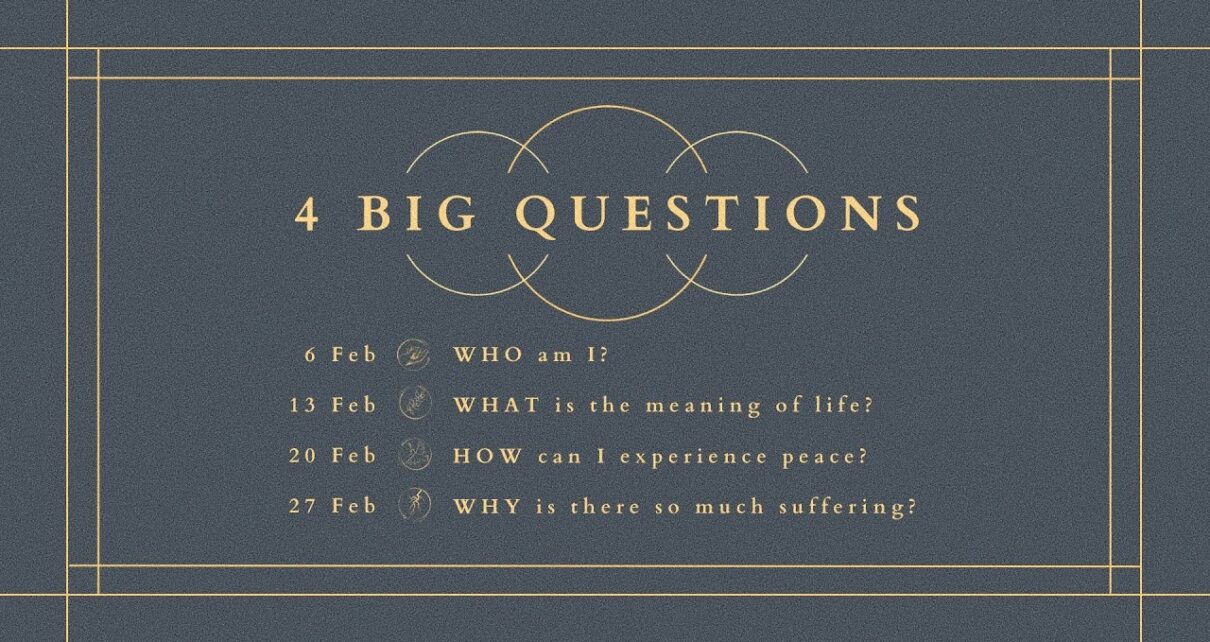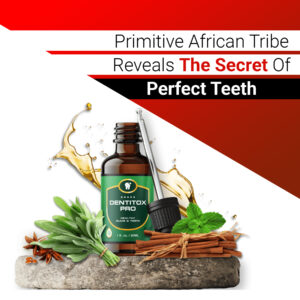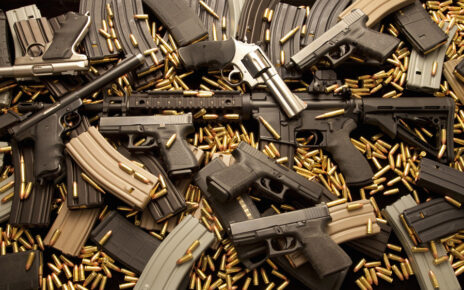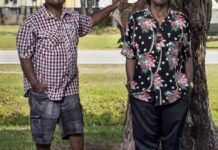The meaning of life Question was asked to a Science Professor

We were on the fourth floor of Thompson Hall, which had earned the nickname “the Boeing complex” because of the close relationship the corporation had established with the Departments of Chemistry, Physics, and Mathematics. Over the years, a significant number of professors and students had worked there. The Seattle-based company had funded part of Thompson Hall’s construction when the demand to maintain the university’s English Gothic architecture had led to extraordinary cost overruns.
I could have ended the class right there. My quota of chalk had already been transformed into the mathematical equations I had written out. I dropped the three leftover stubs into the wire-mesh holder at the corner of the blackboard and opened the class for questions. Oona Fitzgerald raised her hand, her round, freckled face beaming. “What’s the meaning of life?” she asked. This evoked some tentative laughter, and she smiled as if she might be joking. But after glancing around, she faced me again and waited. It would have been simple enough to avoid her question with a light remark, but I wanted to honor her sincerity. The bit of courage I needed came when I remembered Dr. Barker’s response to the same question I myself had asked a few years earlier in my quantum mechanics course. His irritated reply—“Science doesn’t deal with meaning”—left me feeling foolish. As if no real scientist would ask such a question. Only an amateurish pretender. Years later, and his words were still with me.

As I leaned back on my desk and reflected on Oona’s question, the strangest feeling arose. The students could see I had taken the question to heart. The mood in the room shifted. A tingling grew inside me. It was as if, unknown to me, I had been waiting for this, and yet I felt like a criminal faced with a forbidden act, something that should be avoided but that was too alluring to ignore.

I told the students what I thought was an important truth, that almost none of us knew our true identity. Just as amazing, we forgot that we did not know our true identity. This strange situation came from the tiny worlds in which we lived. We thought of ourselves as Americans or Chinese, as Republicans or Democrats, as believers or atheists. Each of those identities might be true, but each is secondary truth. There is a deeper truth. We are universe. The universe made us. In a most primordial way, we are cosmological beings.
Then I said it.
“To take this in, you need to ride inside the mathematical symbols.”
I did not know what I meant by saying you need to ride inside the mathematical symbols. I just said it.
“Begin with the primal light discovered in 1964 by Penzias and Wilson. This light, this cosmic microwave background radiation, arrives here from all directions. We know that each of these photons comes from a place near the origin of the cosmos, so if we trace these particles of light backward we are led to the birthplace of the universe. Which means, since this light comes from all directions, that we have discovered our origin in a colossal sphere of light. This colossal sphere, fourteen billion light-years away from us in every direction, is the origin of our universe. And thus the origin of each of us.”
I held out my arms as if clutching a gigantic ball.
“We can speculate about what came before this colossal sphere, but I want to stick with the facts physicists have discovered. The empirical evidence points to a time fourteen billion years ago when our universe consisted of a colossal sphere made of light as well as the primal atoms of hydrogen and helium. That colossal sphere transformed itself into the stars and galaxies and everything else in the known universe.”
I came to my answer to Oona’s question.
“As this sphere moves forward in time, it evolves under the action of expansion and contraction. That is, as the sphere continues to expand, particular subsets are pulled together via the attraction of gravity. This dual action of expansion and contraction set in motion the creativity that has given rise to every existing entity in the universe.
“If you want to know the meaning of life, look at your hand. Energy flows through your skin and bones without which you would freeze to stone. That flow of energy in your hand came from the beginning of time. Your hand grew out of the colossal sphere like a flower rising up from topsoil. No one in the history of humanity knew that the expansion and contraction of the universe transformed primal atoms into stars and galaxies. Nor did any person know the quantum field theory and the general theory of relativity that govern this sphere of light. None of the sages or kings had the slightest notion of any of this, but now we know the mathematical dynamics by which the universe brought itself forth. Those same dynamics are coursing through us. The universe’s creativity is happening now. The exact same dynamics are at work. Our bodies churn with creativity rooted in the beginning of time.”
I stopped. I had worked myself into a trance. The words I had conjured up to explain things boomeranged back on me. In that moment, I felt the simple truth more deeply than I ever had in the past. I was the colossal sphere. All of us were. We were rooted in the cosmic microwave radiation. We were the primal atoms speaking of our fourteen-billion-year existence.
Oona Fitzgerald sat in the first row. I did not want to make her feel self-conscious so I avoided looking at her, but now it occurred to me she was Catholic. Did any of this disturb her religious faith? The students watched in silence. I knew something had happened. A strange intuition arose. This universe—held together by mathematical structures—was breathing me. But this thought too slipped away.
The ending buzzer pulled me back. My ordinary consciousness reappeared and took control. Students gathered their books, dumped them into their backpacks, and left the classroom. Hadn’t the world changed? I felt foolish, embarrassed. Attending to my lecture notes, shuffling them this way and that, I pretended to be too busy to look up.
As the students filed out, Oona came over, smiling. She wore a simple yellow dress.
“I’ve decided to change my major. Because of your course,” she said.
“Really? You mean to physics?”
She nodded.
I was astounded. She was abandoning her musical career? I knew how important music was for her because she had badgered me for a month until I agreed to attend the fall show where she played a violin solo. After the concert, I met her family members, all of them proud of her musical competence and hard work. Had she spoken with her family about this? Was this a good decision? What had I done?
She attempted to say more but stuttered. She stepped toward the door and, turning back, said: “I love this! I would love to learn this. It’s so, I don’t know . . .”
Students shuffled up and down the hallway behind her. She shook her head and walked to the door. I thought of calling her back but had nothing to say.










